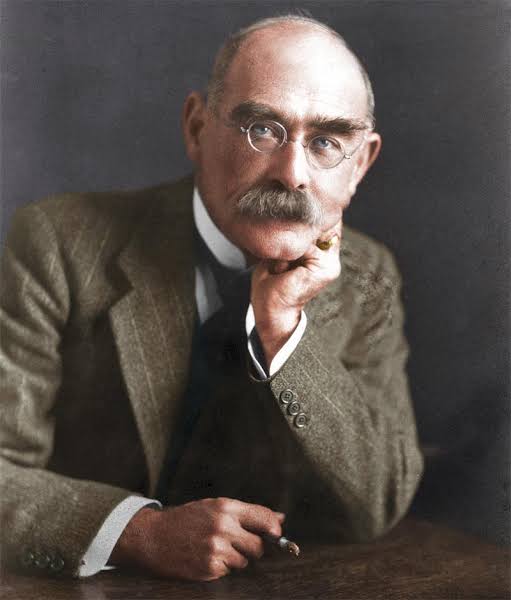Note: If you wish to receive, via e-mail, (1) my weekly newsletter or (2) daily copies of these posts, notify me at rrbates1951@gmail.com and indicate which you would like. I promise not to share your e-mail address with anyone. To unsubscribe, send me a follow-up email.
Wednesday
How can a country featuring the world’s most powerful military and boasting an economy that is “the envy of the world” be so bent on self-destruction? Is this how empires die? Certainly, there are many Americans willing to turn their backs on the reasons for America’s success, including its vibrant immigrant culture, its constitutional democracy that allows marginalized groups (including women) to flourish, and its robust judicial system, which has an impressive history of ferreting out corruption. Like spoiled rich kids who take their advantages for granted while ignoring the reasons behind their wealth, MAGA Americans are prepared to throw it all away in what perhaps can best be described as a White supremacist temper tantrum.
I think of the poem that Rudyard Kipling wrote for the jubilee 50th year celebration of Queen Victoria’s reign. While certainly prone to writing poetry that celebrated empire—e.g. “The White Man’s Burden”—in “Recessional” Kipling takes an unexpectedly somber tone. Rather than sing praises to an empire upon which the sun (as the saying had it) never set, he talked about the dangers of what could happen if Great Britain lost its way.
As I read “Recessional,” I think of the many ways that America has lost its way in the past. And while it has shown an amazing ability to self-correct after violating basic principles, the question is whether it can continue to do so. That Americans chose to reelect a man who represents, in every conceivable way, the negation of the American promise poses special challenges.
When Kipling speaks of the “God of our fathers, known of old,” he is thinking of Christian values, but for our purposes of today’s essay I turn to our own holy documents—which is to say, those that establish and refresh our Constitutional democracy: the Declaration of Independence, the amended Constitution, the “Gettysburg Address,” the Emma Lazarus lines on the Statue of Liberty, the Seneca Falls Declaration, Martin Luther King’s “I Have a Dream” speech, and others. If we ever forget those, we may indeed become—as Kipling warns—like Nineveh, Tyre, and other empires that once were great but now are no more.
The poem begins by acknowledging the “far-flung battle-line” of the British empire, whose awe-inspiring hand holds dominion over the palm trees of the south and the pine trees of the north. “Be with us yet, lest we forget,” he begs:
God of our fathers, known of old,
Lord of our far-flung battle-line,
Beneath whose awful Hand
Dominion over palm and pine—
Lord God of Hosts, be with us yet,
Lest we forget—lest we forget!
In contrast to the tumult of war and the shouting of the victors, Kipling sets up a humble and a contrite heart. If America is given special wealth and power, its purpose should be to serve humankind—to serve democracy world-wide—rather than to prop up vainglorious ego:
The tumult and the shouting dies;
The Captains and the Kings depart:
Still stands Thine ancient sacrifice,
An humble and a contrite heart.
Lord God of Hosts, be with us yet,
Lest we forget—lest we forget!
Far-called, our navies melt away;
On dune and headland sinks the fire:
Lo, all our pomp of yesterday
Is one with Nineveh and Tyre!
Judge of the Nations, spare us yet,
Lest we forget—lest we forget!
Kipling goes on to mention the dangers of being “drunk with sight of power.” There’s a touch of imperialistic racism in the phrase “lesser breeds without the law,” but the point is otherwise good. If we put our trust in armed might, in “reeking tube and iron shard,” then we are but building dust on dust.
If, drunk with sight of power, we loose
Wild tongues that have not Thee in awe,
Such boastings as the Gentiles use,
Or lesser breeds without the Law—
Lord God of Hosts, be with us yet,
Lest we forget—lest we forget!
For heathen heart that puts her trust
In reeking tube and iron shard,
All valiant dust that builds on dust,
And guarding, calls not Thee to guard,
For frantic boast and foolish word—
Thy mercy on Thy People, Lord!
What tears my heart with Trump’s reelection is the sense that there is so much good that we could have done with our power that will now be wasted and even turned to active destruction. Both we and the rest of the world will pay a severe price.


